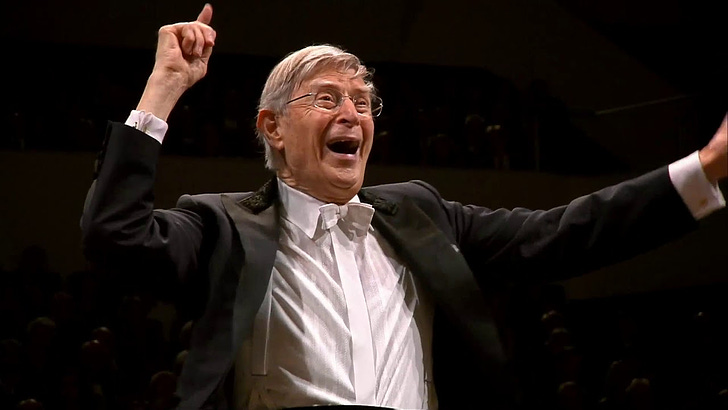The magnificent music of Ludwig Von Beethoven and all music
Imagine being in a symphony hall...
Ode to Joy: 9th Symphony
Imagine being in the symphony hall, thundering from both orchestra and chorus. If you have never seen a live performance, I implore you to have the experience.
I have a real passion for music. This essay explores two of Beethoven's most powerful symphonies, the 5th and 9th.
What sets Beethoven's music apart, particularly in these symphonies, is his ability to convey a wide range of emotions and themes through his compositions. His music transcends mere notes on a page, speaking directly to the human experience with depth, passion, and innovation.
In Beethoven's Symphony No. 5, the significance of connecting the third movement with the fourth movement lies in the structure and emotion it creates within the Symphony.
There is a struggle and triumph, with Beethoven taking the listener on a journey from darkness to light. There is tension as a transition occurs between the end of the third movement and the fourth. Then, the Symphony seems to burst open into triumph.
The connection between the third and fourth movements enhances the music's overall impact and drama, showcasing Beethoven's innovative approach to symphonic music and his ability to create a unified and deep musical experience.
Beethoven's Ninth Symphony stands out for several significant reasons. One of the most distinctive features is the inclusion of vocal soloists and a chorus in the final movement, setting it apart from traditional symphonic works of the time. This incorporation of voices into a symphony was groundbreaking and marked a new direction in symphonic composition, bridging the gap between instrumental and vocal music.
The Ninth Symphony is known for its monumental scale, innovative use of form, emotional depth, and message of universal brotherhood and joy expressed in the final movement's famous "Ode to Joy" text. Beethoven's Ninth Symphony represents a bold and visionary work that pushed the boundaries of symphonic music and left a lasting impact on the development of the symphonic genre.
I will never forget my wife and I going to Boettcher Concert Hall in Denver, Colorado, to hear Ludwig Van Beethoven's ninth Symphony. When we left the concert hall and slowly returned to our home in Lafayette, Colorado, we were silent for a long while, both of us feeling goosebumps all over our bodies. The Ode to Joy was overwhelming in its magnificence and magnitude.
In contrast, the Ninth Symphony, also known as the "Choral Symphony," represents a groundbreaking departure from traditional symphonic conventions. Beethoven incorporates vocal soloists and a full choir in the final movement, and setting Friedrich Schiller's poem "Ode to Joy" to music was a revolutionary move for its time. The Ninth Symphony expands the boundaries of the symphonic genre and resonates with listeners today.
What sets Beethoven's music apart, particularly in these symphonies, is his ability to convey a wide range of emotions and themes through his compositions. His music transcends mere notes on a page, speaking directly to the human experience with depth, passion, and innovation. Through his Fifth and Ninth Symphonies, Beethoven invites listeners to think about the complexities of existence, the triumph of the human spirit, and the unifying power of art.




‘Music is a moral law. It gives soul to the universe, wings to the mind, flight to the imagination, and charm and gaiety to life and to everything.’ – Plato
Yes! Now, try his string quartets. Amazing range of emotion coming from 4.